Keywords: Paris
There are more than 200 results, only the first 200 are displayed here.
-

EUREKA STREET TV
- Peter Kirkwood
- 25 November 2015
'The people who were most impacted were people in developing countries who I've cared about my whole life. And then I started having grandchildren too, so that passion to do something about climate change was turbo charged. The thought of little kids being swept out to sea because of a typhoon, or killed in a cyclone - they haunt me.' Thea Ormerod, President of Australian Religious Response to Climate Change, was arrested last year while protesting the Maules Creek mine site in NSW.
READ MORE 
-

CARTOON
- Fiona Katauskas
- 25 November 2015
2 Comments
This week's offering from Eureka Street's award winning political cartoonist.
READ MORE 
-
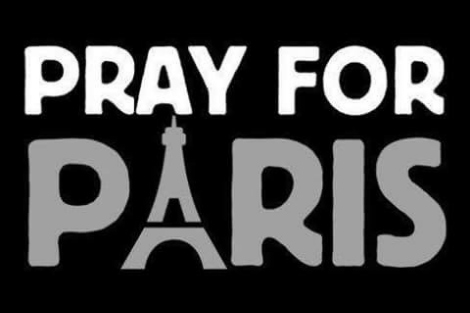
INTERNATIONAL
- Fatima Measham
- 20 November 2015
12 Comments
It is tempting to view the aftermath of terrorist attacks such as those in Paris as a well-rehearsed script. There are condemnation of the killings, sympathy for the families of victims, resolve to seek and punish perpetrators, expressions of solidarity across nations. Also, assaults targeting Muslims on the street and in policy. This time a few things have gone off-script. 'Hugs and hashtags' won't stop ISIS, but there is strength in refusing to cede control over our language and behaviour to terrorists.
READ MORE 
-
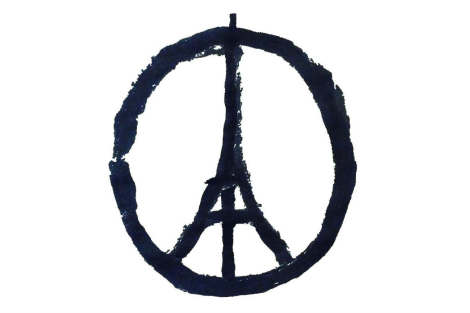
INTERNATIONAL
- Justin Glyn
- 19 November 2015
12 Comments
It is possible to find 'texts of terror' in Jewish, Christian and Muslim Scriptures. They need to be responsibly understood and explored with a close understanding of their context. We did not demand all Catholics stand up and denounce every IRA attack, nor that all Christians apologise for Anders Breivik. Similarly, why should we expect all members of a religion with over a billion adherents with multiple ancient variants to actively disown every horror claimed to have been committed in its name?
READ MORE 
-
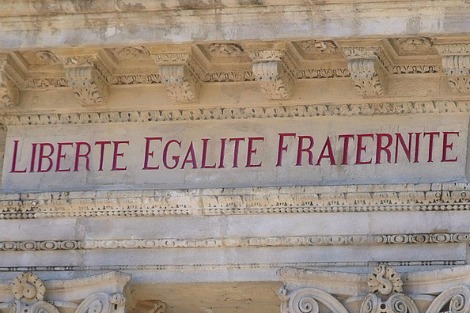
INTERNATIONAL
- Andrew Hamilton
- 19 November 2015
19 Comments
The mass murder of unarmed civilians in Paris last weekend was appalling. Whether considered as an act of war or of terror, it was indefensible. The themes of war against terrorism and victory have dominated commentary on the killings. In light of the fact that the war against terror was the seedbed in which IS grew, they demand serious reflection. We should ask precisely what our enemy is attacking, what therefore must be defended, and what will be the signs of victory or defeat.
READ MORE 
-

ARTS AND CULTURE
- Jena Woodhouse
- 17 November 2015
3 Comments
Lone men stand at street corners, look on with apathetic eyes, shabby men from everywhere and nowhere, and beyond. Their tattered, mud-stained tents are massed beneath the overpass, misshapen globes the varicose, bruised colour of unhealthy veins. They make me think of tulip bulbs, caught between the seasons' change - too late for summer's plenitude, too early for the spring.
READ MORE 
-
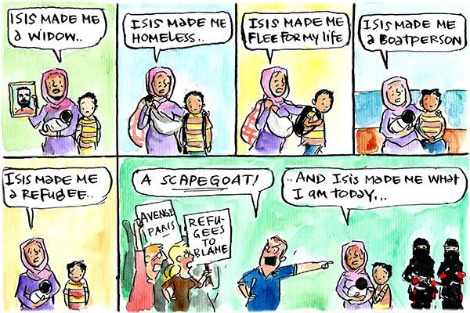
CARTOON
- Fiona Katauskas
- 16 November 2015
2 Comments
This week's offering from Eureka Street's award winning political cartoonist.
READ MORE 
-

INTERNATIONAL
- Chris Middleton
- 16 November 2015
14 Comments
In many of these conflicts religious difference constitutes an important element in the conflict. Some commentators point to religion as the cause of many of humankind's wars. In a sense they are correct, as they would be also if they ascribed war to humankind's quest for liberty, equality, justice, or even love. It is a paradox of the human condition that that which is noblest in the human often gives way to violence and intolerance. How are we supposed to react to such an attack?
READ MORE 
-
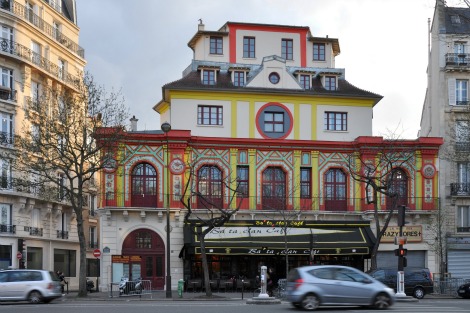
INTERNATIONAL
- Bronwyn Lay
- 16 November 2015
16 Comments
As I marched for Remembrance Day in our small village in France, I wondered, 'How long will these villages keep these ceremonies? When will someone decide these wars are too long ago or too far away?' Two days later, Paris was attacked. The news came like war does: sudden and violent. Then came declarations of a state of emergency and the closing of borders. My eldest daughter was over the border in Switzerland without a passport. War starts in increments, in the small ordinary worries of families.
READ MORE 
-
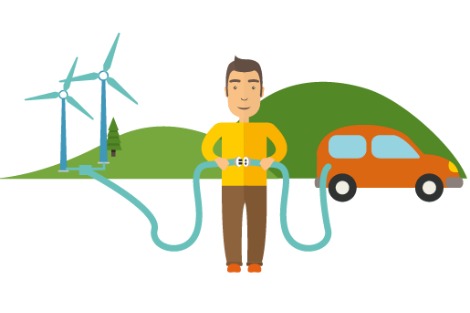
ENVIRONMENT
- Fatima Measham
- 11 November 2015
6 Comments
The UN Climate Change Conference in Paris is set to become the last opportunity for meaningful global action. The signs so far bear optimism, as the impetus for a binding international agreement to tackle the severity and effects of climate change has taken a turn. In order to better understand why, and appreciate the difference that a few years can make, it is worth revisiting why Copenhagen was such a disaster. The most meaningful difference between then and now involves leaders.
READ MORE 
-
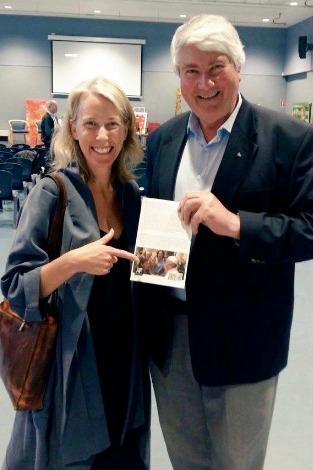
ENVIRONMENT
- Frank Brennan
- 06 November 2015
1 Comment
Francis does not pretend to have answers to the big questions which will confront world leaders when they gather in Paris. But he does think the science is IN, and the evidence is clear that much of the climate change, loss of biodiversity and water shortages are the result of human action. We are blessed to have a pope who speaks to all the world about the prudence, justice and empathy required so that more people on our planet might enjoy integral human development.
READ MORE
-

ENVIRONMENT
- Nicholas Low
- 04 November 2015
20 Comments
Environmental justice will be part of the discussion in Paris this month. The principle of justice says each person is of equal value no matter which nation or ethnic group they belong to. Each Australian contributes 16 tonnes of carbon dioxide per year, while each Bangladeshi contributes a little more than a third of a tonne. If the principle of justice is applied, Australia will have to move from 16 tonnes per person to about a third of a tonne, roughly equivalent to what a Bangladeshi emits now.
READ MORE 